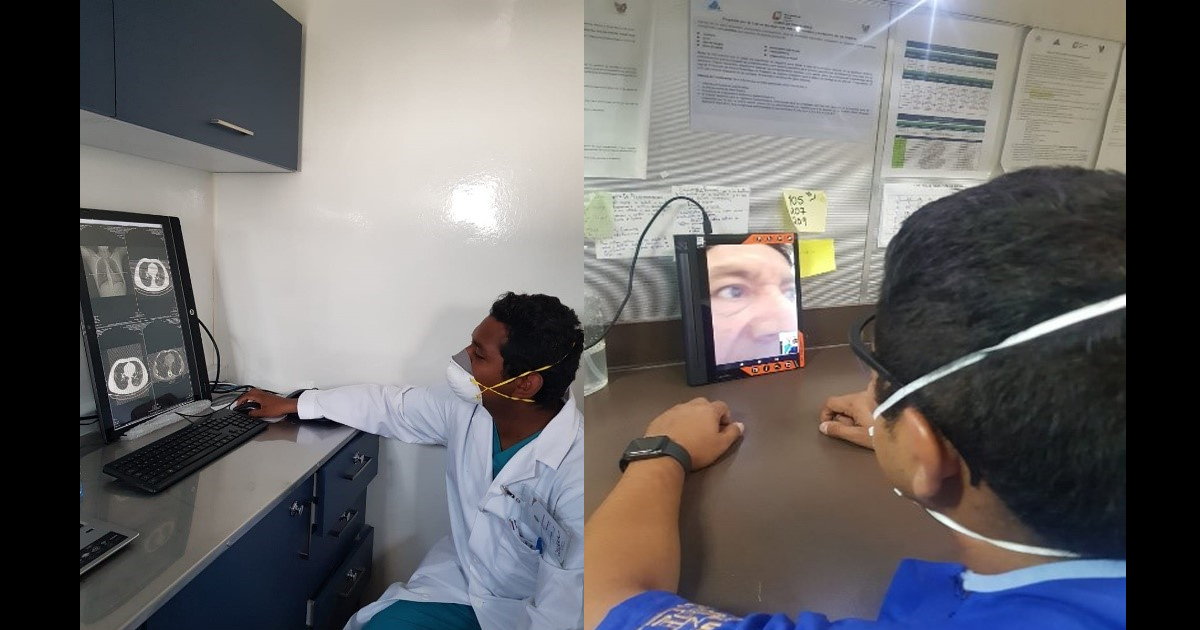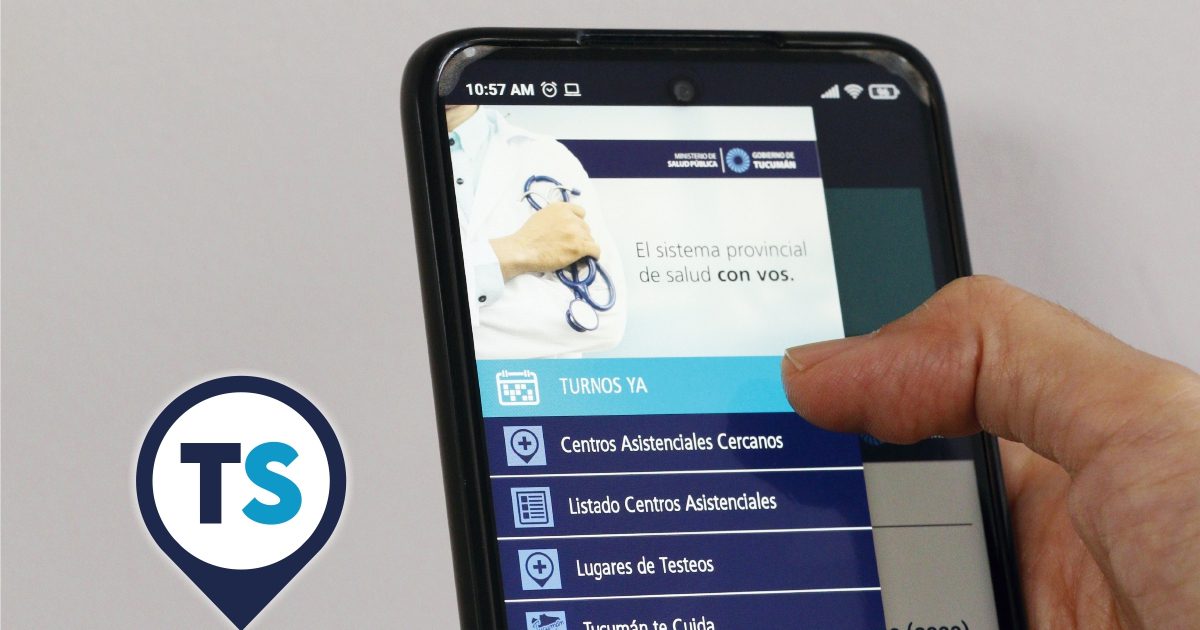Via a webinar on January 14, the National Health Information System Center (CENS) presented its quality seal for the evaluation of telemedicine practices through specialized software.
The Quality Seal developed by the National Center for Health Information Systems (CENS) in Chile was launched on January 14 through a transmission by digital platforms. The purpose of the seal is to evaluate and measure in a reproducible and standardized way, the technical and clinical quality of a software product used for the provision of telemedicine services.
In this sense, the CENS seeks that the health ecosystem has quality software and that public and private health systems have a high standard of quality, according to the CENS Quality Model. This quality model consists of two dimensions, technical and clinical. The first is based on ISO 25010, for the description and evaluation of software quality, which in this case corresponds to characteristics of reliability, usability, security and compatibility. The clinical aspect evaluates the medical processes that the technological solution must comply with. This dimension is based on the "Guide of Good Practices and Recommendations for the use of Telemedicine".

The evaluation model consists of the quality tool and an Analytical Quality Assurance Evaluation Process for Telemedicine Software. To which companies must register to have access, upon completion of the registration the instrument will yield a questionnaire on clinical and technical aspects of the software, which is due to the basic needs and priorities of the health sector in Chile.
CENS invites startups and small companies dedicated to the field of Digital Health to use this tool to know and evaluate the level of their product or service. As well as large companies that need to measure Digital Health services and health providers seeking an evaluation of the quality of the services provided by their providers.
“The expectation is that citizens can demand that the platforms offered for remote care operate under this certification, just as it is required that a professional or clinic be accredited by regulatory bodies. We also hope that public and private institutions that are operating under remote channels will be interested in obtaining certification. There is already interest from some of them to do so once the process is open,” added Dr. Chomalí, director of CENS.
Eric Rojas, head of the Quality area of CENS, explained the need to establish regulations among providers of digital health services: “In Chile there is no regulatory body that verifies the quality of teleconsultation services, this makes that our Seal comes to fill that gap and allows patients and institutions that want to buy and use these services, to know the basic characteristics of technical and clinical quality to use these solutions”.
On the other hand, the United States FDA implemented a similar program in 2019 through a pilot test. Later in 2020, they launched the pre-certification program for Digital Health software, which is part of the Digital Health Innovation Action Plan. The pre-certification program aims to “assess whether the Excellence Appraisal and Streamlined Review components together produce an equivalent basis for determining reasonable assurance of safety and effectiveness for a software device prior to its introduction to the market, as compared to the FDA's traditional models.”
These types of regulations promote quality in the development of new Digital Health products or services, and by having high standards, new innovations will meet not only minimum requirements, but also high standards of reliability and trustworthiness, which are very important variables in the clinical and medical field.






